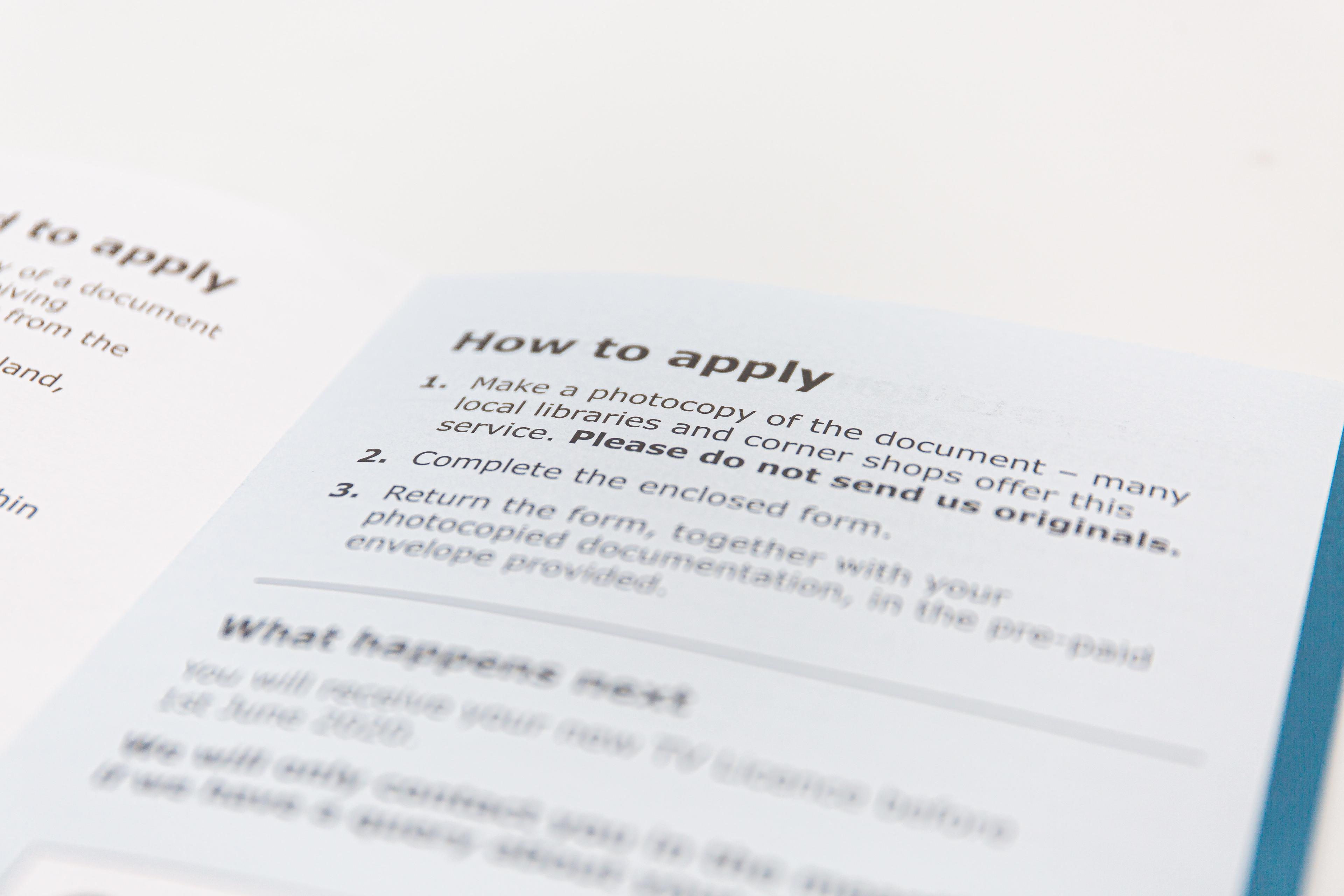The world of aesthetics can be confusing. For both patients, and practitioners.
We see new practitioners not knowing what to “sign up to” when they start their aesthetics career. We see voluntary registers positioned as regulators. We see experienced practitioners confusing the role of healthcare regulators with voluntary registers…
So here’s a summary of the bodies that exist within the aesthetics industry here in the UK.
STATUTORY REGULATORY BODIES
First up, and most importantly, are the Statutory Regulatory bodies for health care professionals.
In order to practice as a registered healthcare professional in the UK, you're legally required to maintain registration with the relevant statutory body. They set out the standards of practice for their members. And add a layer of accountability when things go wrong. Where members fall short, their practice can be restricted, suspended for revoked.
The statutory bodies are the regulators of medical and healthcare professionals.
Registration fees depends on the body and profession of the registrant. They can be anything up to £680 per year.
INDEPENDENT HEALTHCARE REGULATORS
- CQC (England)
- HIW (Wales)
- HIS (Scotland)
These healthcare regulators monitor, inspect and regulate healthcare services to make sure they meet fundamental standards of quality and safety. They publish what they find, including performance ratings to help people choose providers.
In England, if you offer certain laser or threadlift treatments, you must be CQC registered.
In Wales, if you provide treatments using intense pulsed light or class 3B or 4 lasers, you must be HIW registered.
In Scotland, all clinics which offer non-surgical aesthetic treatments must be registered with HIS. Beauticians or beauty therapists offering non-surgical aesthetic treatments are not required to register.
Registration fees start at around £600 per year.
PROFESSIONAL ASSOCIATIONS
Professional associations are organisations, usually set up a particular group of professionals. They set out their own set of conduct requirements that their members agree to on joining.
They often provide advice, support, resources, events and a ready-made network of similarly qualified practitioners.
They charge a membership fee, usually around £300 a year
PROFESSIONAL STANDARDS AUTHORITY REGISTERS
There are PSA voluntary registers for a whole range of professions, from aromatherapists to yoga therapists.
JCCP and SaveFace are the PSA voluntary registers for aesthetic practitioners. Many think that these businesses are regulators, but the only true regulators are the GMC/NMC/GDC/GPhC and HCPC.
The JCCP is a not-for-profit company with charitable status. SaveFace is a for-profit limited company. Neither are part of the UK Government or the Department of Health and Social Care.
To set up as a PSA voluntary register, a fee is paid - around £23,000 to apply and display the PSA mark. The Register then charges registrants a membership fee.
Unlike statutory registers, PSA registers are voluntary registers. They don’t have legal powers or the ability to bar practitioners from working. They simply have an agreed standard that registrants have to meet.
Joining an accredited register indicates you are committed to good practice and you meet the requirements to join that register.
Joining a voluntary aesthetics register costs between £400 and £1200 a year.
DIRECTORIES
- Consulting Room
- The Tweakments Guide
These are online directories.
They allow practitioners to list their services, helping inform potential patients about treatments and practitioners.
Practitioners pay monthly or annual fees to be listed, primarily to gain new patients. Usually around £300 a year.
VERIFIED BOOKING PLATFORMS
These are digital platforms which list checked and verified medical professionals who carry out aesthetic treatments, whilst also providing treatment information and practitioner reviews.
Patients can research, find and book vetted aesthetic practitioners using these platforms.
Practitioners pay a fee on the introduction of a new patient.

